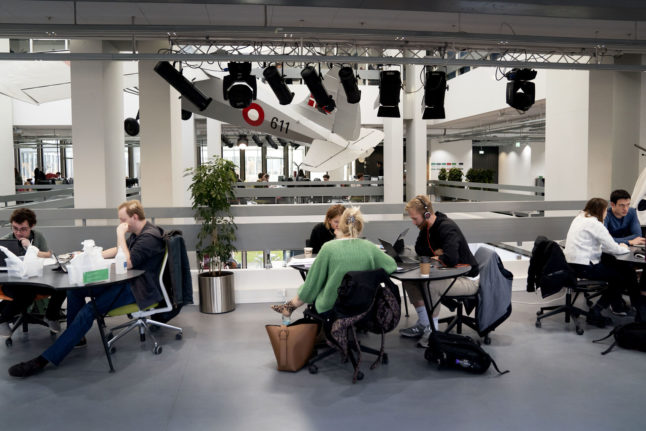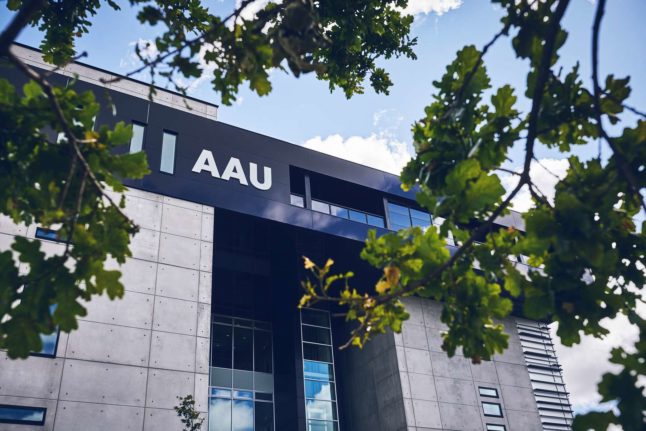New students’ events, comparable to “fresher’s” or “freshman’s” parties at Anglophone universities, are known as rusuge in Denmark and customarily involve a rustur, a weekend trip to a cabin or similar location where students attend parties and take part in icebreaking activities.
It is the rustur which will no longer take place for students starting from 2024, the university’s dean for BSc programmes and learning environments, Lars D. Christoffersen, told news wire Ritzau.
The decision was made based on insufficient interest in the trips, with participation most recently at 54 percent. The trips have seen participation of around 55-60 percent throughout the last five years.
READ ALSO: Danish colleges introduce alcohol-free start for new students
“It’s a problem that this means that there are many of the new students who miss out on a lot of information about the start of their studies and about being a student in general, which you get on the trip. We want to avoid that,” he said.
Christoffersen added that students from DTU’s students’ society, the Polytechnic Society, had put considerable work into improving participation in the rustur.
That has included alcohol-free events including the rustur itself, trips that take place on campus without overnight stays, trips in English to include international students and varying the length of the trip. Its popularity has not improved despite these efforts, however.
“We have to concede that we’ve not been successful getting enough of the new students to participate,” Christoffersen said.
Editor’s note: a previous version of this article stated that participation in the DTU rusuge was falling. In fact, it has maintained a level of 55-60 percent for at least the last five years.



 Please whitelist us to continue reading.
Please whitelist us to continue reading.
Member comments